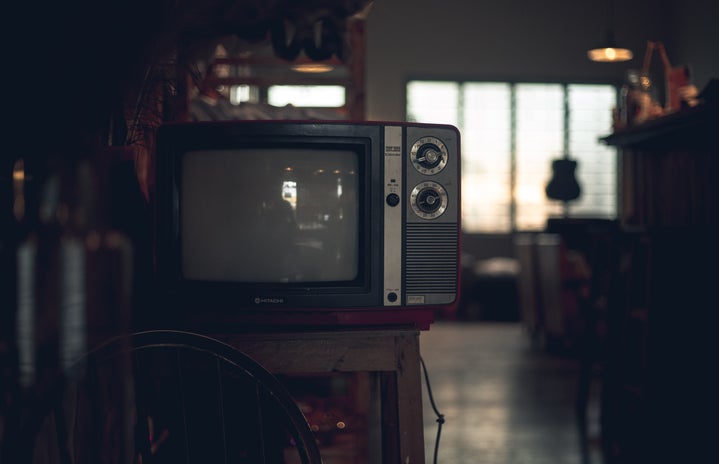Growing up, I didn’t see many people who looked like me in movies and TV shows. Once, in grade 9 English class, we were watching a short film. About halfway through the film, there was a 20-second scene showing a very traditional-looking Muslim man performing prayer in the middle of a snow-covered forest. He had a very minor – and rather peculiar – role in the story, but I remember how excited I felt during those 20 seconds. That got me wondering about what it would feel like to have a Muslim as the main character in a story, not just an extra character with a fleeting presence. Ever since I’ve wondered why Muslim representation is lacking despite the strides that we’ve seen with regards to diversity in TV.
Fast forward to a few years later, I’m starting to see more and more representation of Muslims in TV. However, I’ve come to realize that so much of this representation is extremely problematic and sometimes does a huge disservice to the Muslim community. I’ve come to understand what people mean when they say that not all representation is good representation.
One of the first things I’ve noticed time and time again is that almost every time a Muslim character is shown in TV, they happen to be struggling with their faith. Whether it is a hijab-wearing girl who feels oppressed by the hijab, or a Muslim teenage boy who drinks, parties, and resents his regressive parents, Muslims characters almost always appear to be rebelling against their faith and traditions in an attempt to fit in and feel empowered.
I understand and recognize that many Muslims – particularly in the West – struggle with their faith and have a difficult time trying to balance the many pieces that make up their unique identities. However, I also recognize that there are plenty of examples of Muslims who gain a deeper appreciation for their faith in the West and find it empowering – albeit challenging – to stay committed to their faith. There are other examples of Muslims who lead normal lives and excel socially and professionally, without being impeded by their faith every step of the way.
I also understand and recognize that all stories need to be told and heard, and that stories should not be censored. However, as Muslims, we need to be cognizant of the fact that our stories could be used against us – they could be used to paint us all with the same brush and corroborate the stereotypical view of our faith, which faces a great deal of scrutiny from the media every day. Sure, it is unfair that when we tell our stories we have to be considerate of how society can misconstrue our faith and twist our experiences to fit a certain narrative, but this is the reality of the world that we live in. Because of the risk of generalizability and perpetuating stereotypes, creators and writers need to show fairness when telling stories.
Sure, some people struggle with their faith, but we also want to see stories of normal people, who happen to be Muslim, navigating their way through life. And, dare I say, I’d also like to see stories of Muslim characters who are proud of their faith, characters who challenge the need to sacrifice one’s identity just to fit in.



